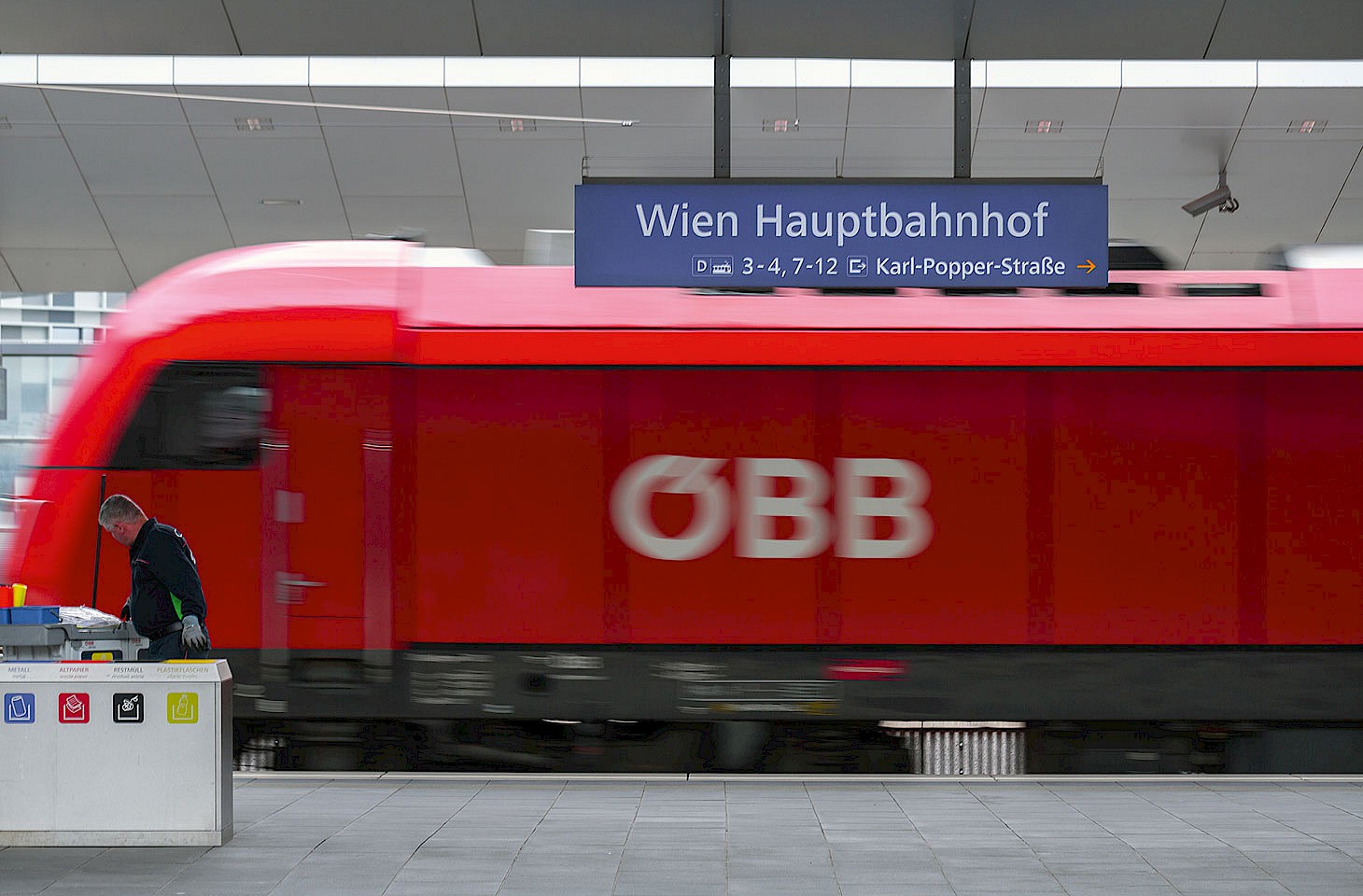Dear fellow travellers
hidden europe has been on the move, travelling by train from England to Berlin over the past twenty-four hours.
Yesterday was a deliciously beautiful spring day in East Anglia in eastern England, and happily a Bank Holiday too (as England belatedly celebrated May Day). Mid-morning saw us on the train that trundled west from Breckland across to the Fens. When the late eighteenth-century author William Gilpin travelled through Norfolk and Suffolk, he described Breckland as "an absolute desert" - this sandy heathland was doubtless the very antithesis of the idealised picturesque landscapes of which Gilpin was so fond. But let's face it: Gilpin was born in the Cumbrian hills and how could he ever be expected to appreciate a landscape as flat as Norfolk?
But Breckland has a delicate beauty. Bold heathlands sit cheek by jowl with conifer plantations and little pockets of arable land. There are sheep, rabbits and deer. Fabulously twisted Scots pines, banks of heather, flintstone houses and rich hedgerows all add texture to the landscape.
Then our train headed out onto the Fens. An unscheduled stop in the spring sunshine at Shippea Hill, where there is no hill. Just a flat-as-a-pancake landscape with rich black soils, drainage ditches and a wealth of birdlife. It was this time last year that a pair of cranes returned to the Fenland - the first occasion for centuries that these imposing birds have bred in England.
At Ely, with its imposing cathedral and canal side pubs packed with folk enjoying the Bank Holiday, we turned south, taking slow trains on to London. The railway affords so many glimpses of social history. Letchworth's status as the world's first garden city is happily recalled in the signs on the station platform. Beside the tracks, there is the magnificent old Spirella factory. Nice to think that while Letchworth pioneered new forms of urban living, the locally based Spirella manufactured thousands of corsets - keeping women in just the right shape.
And so on through the Northern Heights, glimpses of Alexander Palace proud on its hill, and then the tangled maze of tracks and tunnels that lead into Kings Cross. We did not linger in the capital, but went straight to the newly restored St Pancras station for the Eurostar train to Paris. That one can speed from London to Paris nowadays in little more than two hours seems almost indecent. Rural Kent deserves a slower pace. But with the tunnel behind us, we spotted war graves and onetime battlefields. Paris by seven, and an hour later we were on the night train to Berlin. A light supper on board, some wine, herringbone skies over Picardy, and by the time we reached the Belgian border at Quévy it was already dark.
The night train is a wonderful invention. Our Paris to Berlin train, one of the Deutsche Bahn's revamped City Night Line services, is one of the best. Twelve hours from Paris to Berlin. Doubtless we crept past the backs of grimy Ruhr factories in the wee small hours, but we slept far too well to notice that. To wake to the gentle rocking of the train, push up the window blind and see a new day is a gift indeed. The rising sun was already burning off the morning mist on water meadows by the Elbe. A morning cup of tea with breakfast brought by the conducteur, and by just after eight we were arriving at the crystal cathedral that serves at Berlin's main station.
There are good journeys, and less good ones. This one was as good as they come. From rural Norfolk to a leafy suburb of Berlin in twenty-one hours. Six trains with more than eight hours sleep along the way. But why has nobody in recent years ever had the sense to run direct night trains from London right through to continental cities?


